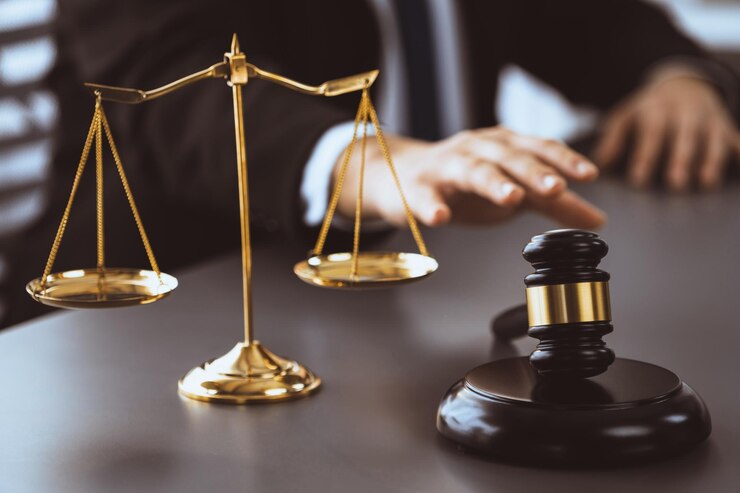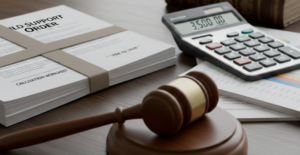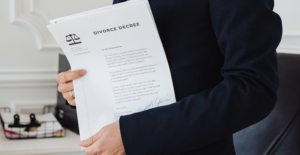Domestic violence is an unfortunately common and pervasive issue that affects millions of individuals and families across the country. Victims of domestic violence often struggle with feelings of fear, helplessness, and uncertainty about their future. In such situations, a domestic violence protective order (DVPO) can be instrumental in providing victims with the safety and peace of mind they desperately need. This article will explore the process of obtaining a DVPO, the various types of protective orders available, and how having the assistance of a knowledgeable and compassionate attorney can greatly benefit the victim in this crucial time.
A DVPO is a civil court order issued by a judge to protect a victim of domestic violence from further harm by prohibiting the abuser from engaging in certain actions or behaviors. These orders can be tailored to the specific needs of the victim and may include conditions such as prohibiting the abuser from contacting or communicating with the victim, barring them from entering the victim’s residence or place of work, and requiring the abuser to relinquish any firearms they possess temporarily.
Depending on the jurisdiction and the immediacy of the threat, there are generally two types of protective orders available: temporary (also known as emergency or ex parte) and permanent protective orders. Temporary orders are typically issued quickly and without the presence of the abuser, providing immediate protection for the victim until a hearing can be held to determine if a more permanent solution is needed. Permanent protective orders are granted after a formal hearing that allows both parties to be heard and present evidence before a judge, who will then decide on the scope and duration of the order based on the specific circumstances of the case.
The process of obtaining a DVPO can be emotionally overwhelming, and this is where the expertise of an experienced attorney at BFP Law Firm becomes invaluable. By guiding the victim through each step of the process, our compassionate legal team can help ensure that the necessary documentation, evidence, and emotional support are in place for a successful outcome.
Understanding Domestic Violence Protective Orders
A domestic violence protective order (DVPO) is a court order designed to protect victims of domestic violence by placing restrictions on the accused abuser’s actions. These limitations can include prohibiting contact, maintaining a certain distance from the victim, and temporarily giving up custody of children or possession of firearms. With a DVPO in place, victims can begin to rebuild their lives free from fear, harassment, or physical harm.
There are two primary types of protective orders—temporary and permanent. Temporary protective orders, commonly referred to as emergency or ex parte orders, are issued quickly without the presence of the alleged abuser. These orders provide immediate protection until a formal hearing can be held. Permanent protective orders result from a thorough hearing in which both parties present their case and require the judge’s determination based on the evidence provided.
Steps to Obtain a Domestic Violence Protective Order
Navigating the process of securing a DVPO can be overwhelming, but breaking it down into manageable steps can make it easier. Here are the key steps to obtaining a protective order:
- Filing the petition: The first step in obtaining a DVPO is to file a petition with the appropriate court. This document outlines the details of the abuse, the relationship between the victim and abuser, and the desired stipulations of the order. It is vital to provide accurate and detailed information in the petition, as it serves as the foundation of the case.
- Emergency or ex parte hearing: Once the petition is filed, the court may schedule a hearing for a temporary protective order. In this hearing, a judge will examine the evidence and, if they deem it necessary, issue an ex parte order to provide immediate protection.
- Serving the abuser: After a temporary order is issued, the accused abuser must be formally notified or “served” with the order’s terms. Until this step is completed, the protective order cannot be enforced.
- Full hearing: Within a specified timeframe, the court will schedule a hearing for both parties to present their side of the story. The victim must prove that the abuse occurred, while the accused may present evidence to challenge the claims.
- Issuing the permanent protective order: If the judge believes the victim’s claims, they will issue a more permanent protective order. The judge will determine the duration and conditions of the order based on the evidence and case specifics.
Working With an Attorney to Obtain a DVPO
While obtaining a protective order without legal representation is possible, having an experienced attorney can significantly increase the likelihood of a successful outcome. An attorney can provide the following benefits:
- Guidance on the appropriate legal process: Navigating the legal system can be challenging, but a knowledgeable attorney can provide clarity and guidance on the required steps to take.
- Assistance with gathering evidence: A skilled attorney can assist in gathering and presenting the necessary evidence to support the victim’s claims and make a compelling case for the need for a DVPO.
- Representation in court: Court appearances can be intimidating, especially for victims of domestic violence. Having an attorney present can ease the fear and ensure their client’s best interests are represented throughout the process.
- Understand the rights and obligations: A knowledgeable attorney will help victims understand their rights and responsibilities under the protective order, ensuring that all legal obligations are met.
The Role of a DVPO in Family Law Matters
It is not uncommon for domestic violence to intersect with family law cases, such as divorces or child custody disputes. In these scenarios, a DVPO can play a pivotal role in ensuring the safety of the victim and any children involved. By working with a law firm experienced in both criminal litigation and family law, like BFP Law Firm, victims can receive comprehensive legal support throughout all related legal proceedings.
For instance, obtaining a DVPO may impact a child custody arrangement or prompt the need for a modification. In these cases, partnering with an attorney who understands the nuances of both criminal and family law is invaluable.
Conclusion
Securing a domestic violence protective order is a critical step to safeguarding the rights and well-being of victims. By understanding the process and working with a good domestic violence lawyer, victims can receive the protection they need and the peace of mind they deserve. If you or a loved one is in need of help with a DVPO, don’t hesitate to contact BFP Law Firm and let our team of dedicated attorneys work to protect your rights and your future.






